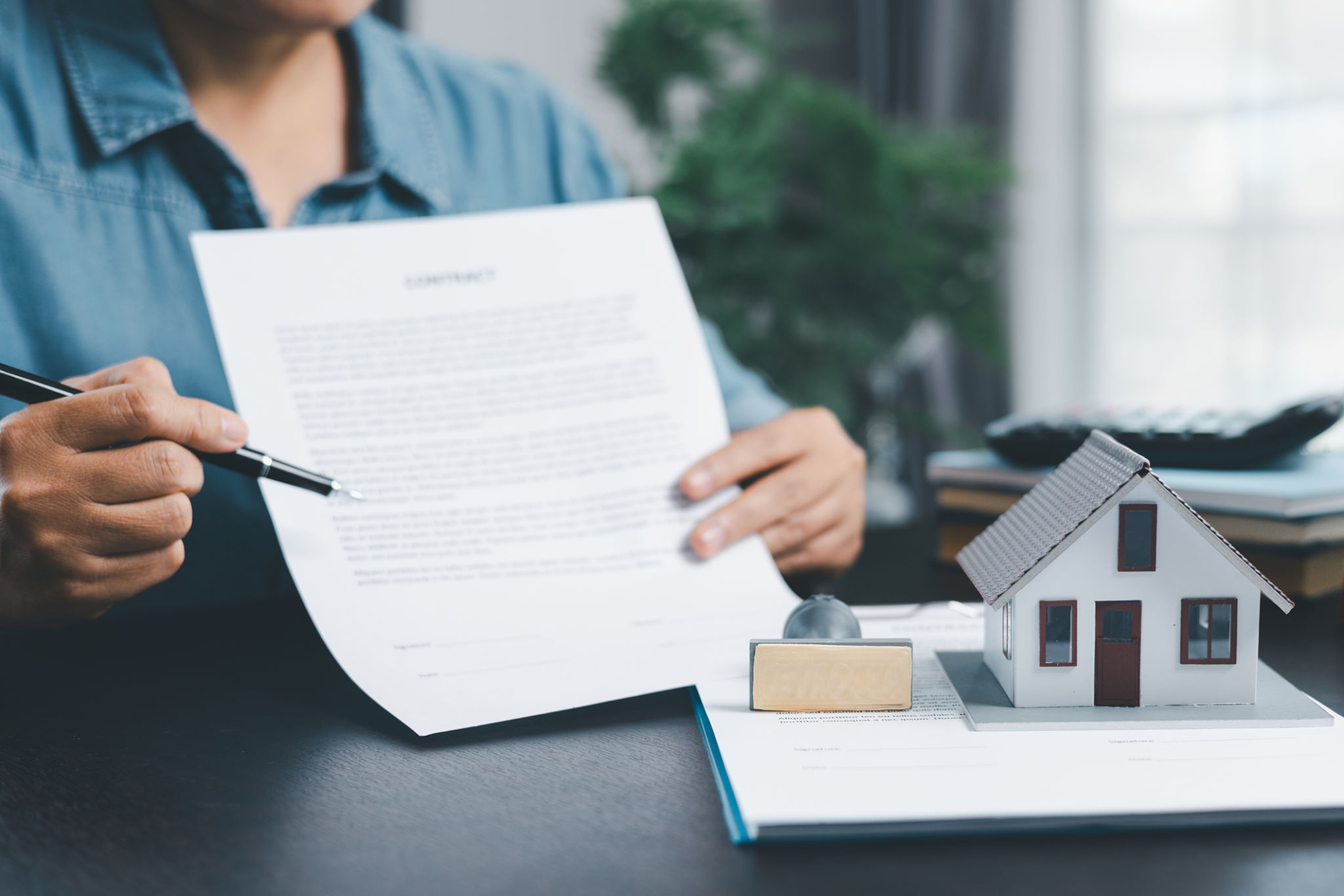Pre-Purchase Home Inspections: What to Expect and Why They Matter
Understanding Pre-Purchase Home Inspections
Buying a home is one of the most significant investments you will make in your lifetime. As such, it's crucial to ensure that your investment is sound. This is where a pre-purchase home inspection comes into play. A home inspection provides an unbiased evaluation of a property’s condition, allowing potential buyers to make informed decisions.
During the inspection, a professional inspector assesses the property's major components, including the roof, foundation, plumbing, electrical systems, and more. This comprehensive review helps identify any current or potential problems that might require attention or negotiation before finalizing the purchase.

What to Expect During a Home Inspection
During a typical home inspection, the inspector will examine both the interior and exterior of the property. The process usually takes two to four hours, depending on the size and condition of the home. It's advisable for buyers to be present during the inspection to gain first-hand insights and ask questions.
The inspector will provide a detailed report highlighting any issues discovered, ranging from minor cosmetic defects to major structural problems. This report helps you understand what repairs are needed and can serve as a negotiation tool to adjust the purchase price or request repairs from the seller.

Key Areas of Focus
A pre-purchase inspection covers numerous areas of a home. Key focuses include:
- Structural Components: Evaluation of the foundation, walls, and roof for stability and integrity.
- Systems and Equipment: Checking plumbing, heating, and electrical systems for proper function.
- Exterior Evaluation: Assessing siding, porches, and balconies for wear and safety.
- Interior Examination: Inspecting windows, doors, and flooring for damage or issues.
The Importance of Home Inspections
Home inspections are crucial for several reasons. Firstly, they reveal any hidden issues that might not be apparent during a casual viewing. These findings can protect you from unexpected expenses down the line. Secondly, they provide peace of mind, knowing you are fully aware of the property's condition before committing financially.
An inspection can also be a powerful negotiation tool. If significant issues are discovered, you can renegotiate the price or request that the seller address these issues before closing. In some cases, if the problems are too significant, it may even be wise to walk away from the deal altogether.

Choosing the Right Inspector
To ensure a comprehensive evaluation, it's important to hire a qualified and experienced home inspector. Look for inspectors who are certified by reputable associations like the American Society of Home Inspectors (ASHI) or the International Association of Certified Home Inspectors (InterNACHI).
Reading reviews and asking for recommendations from friends or real estate agents can also help you find a trustworthy professional. Remember that this is a critical step in your home buying process, so choosing an inspector with proven expertise is essential.
Conclusion
A pre-purchase home inspection is a vital step in the home buying journey. It provides valuable insights into a property's condition, helping buyers make informed decisions and potentially saving thousands in future repairs. By understanding what to expect and why these inspections matter, you can approach your home purchase with confidence and clarity.
